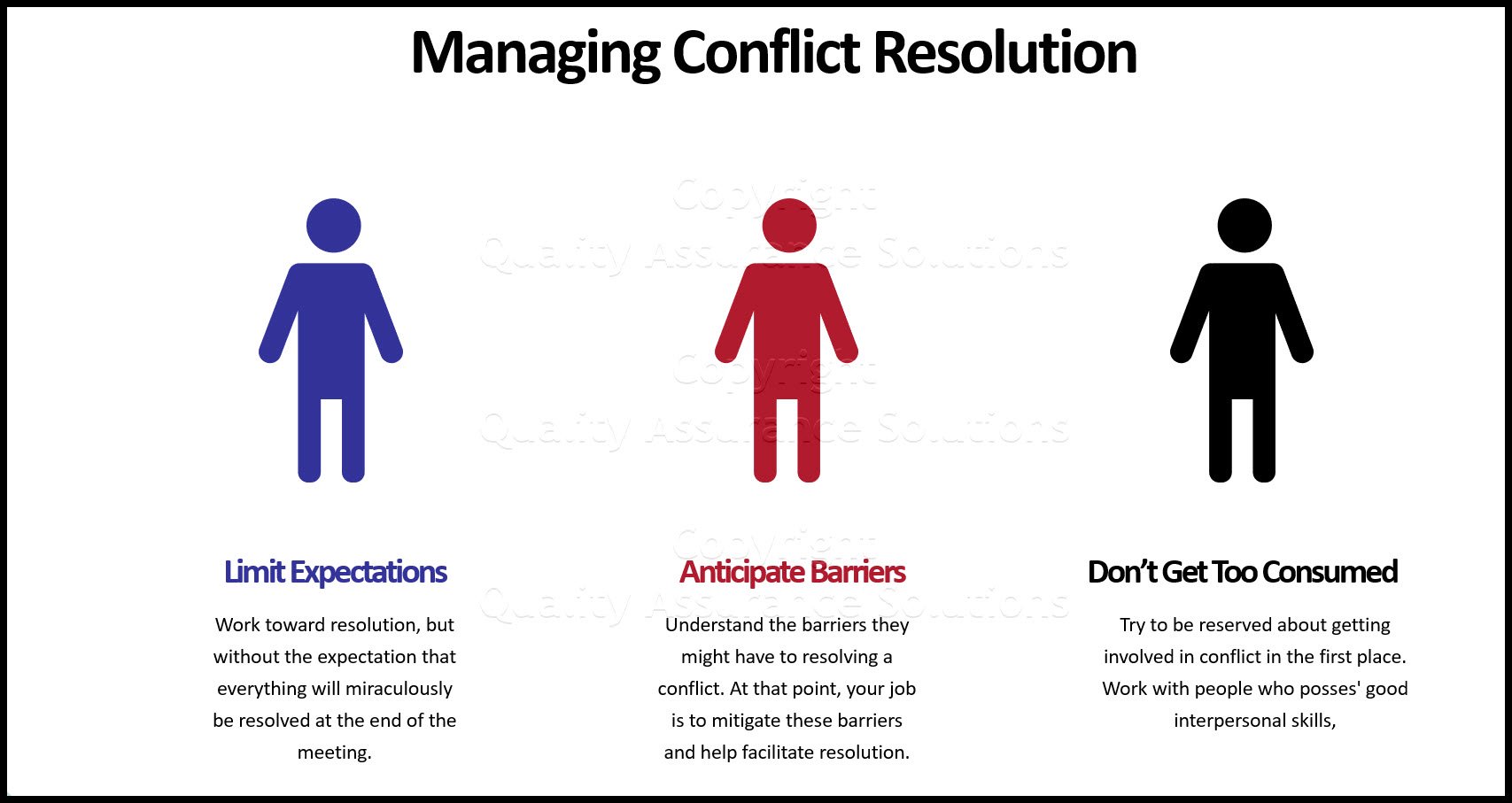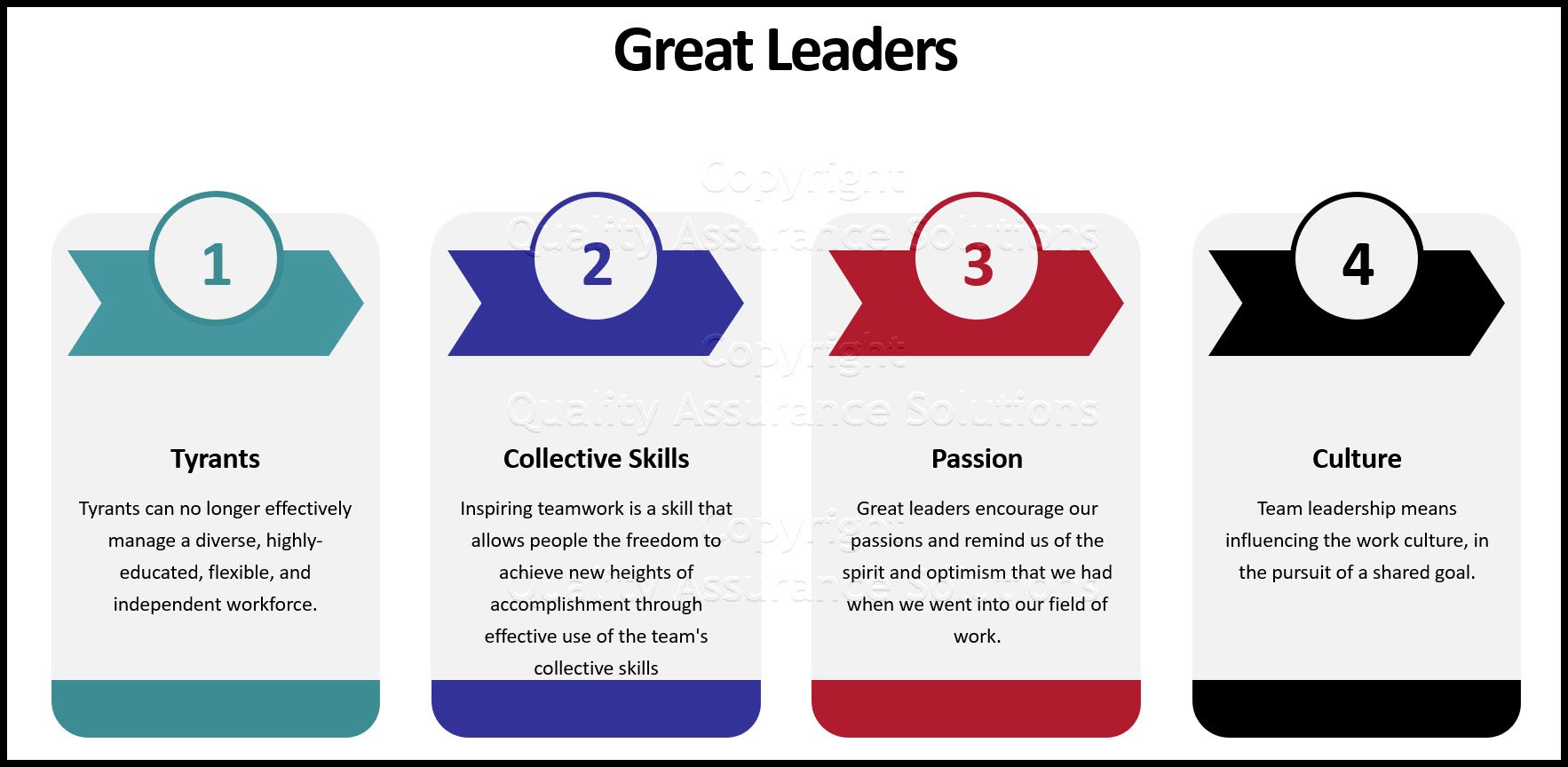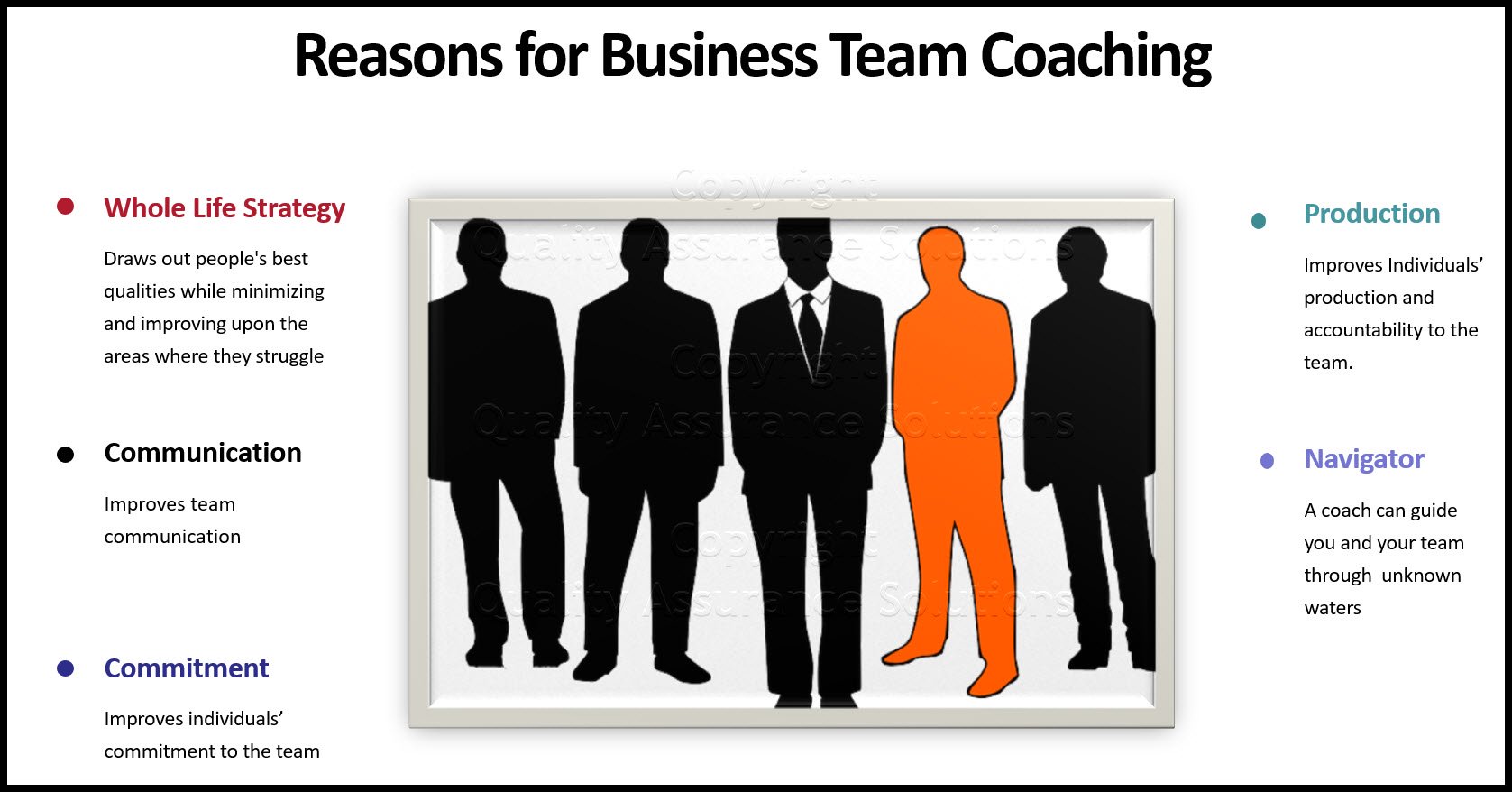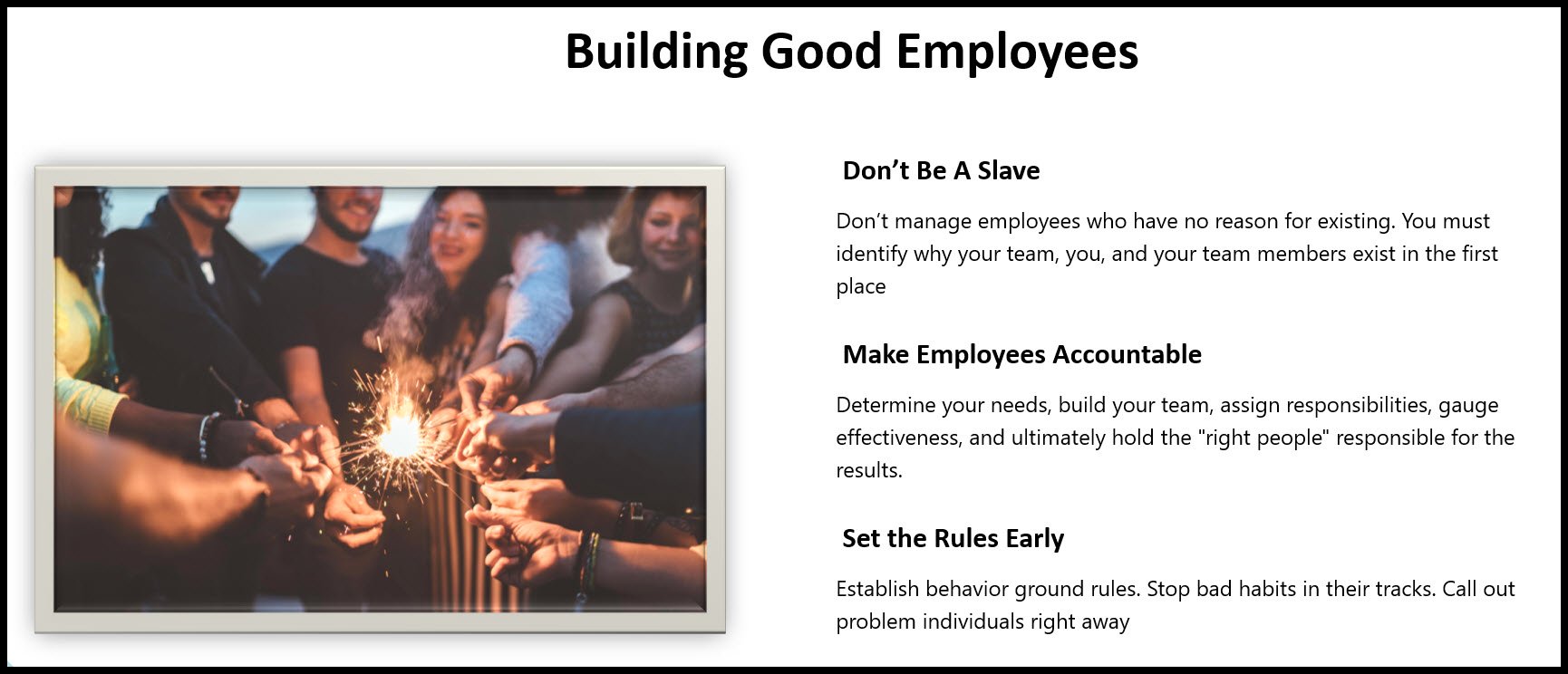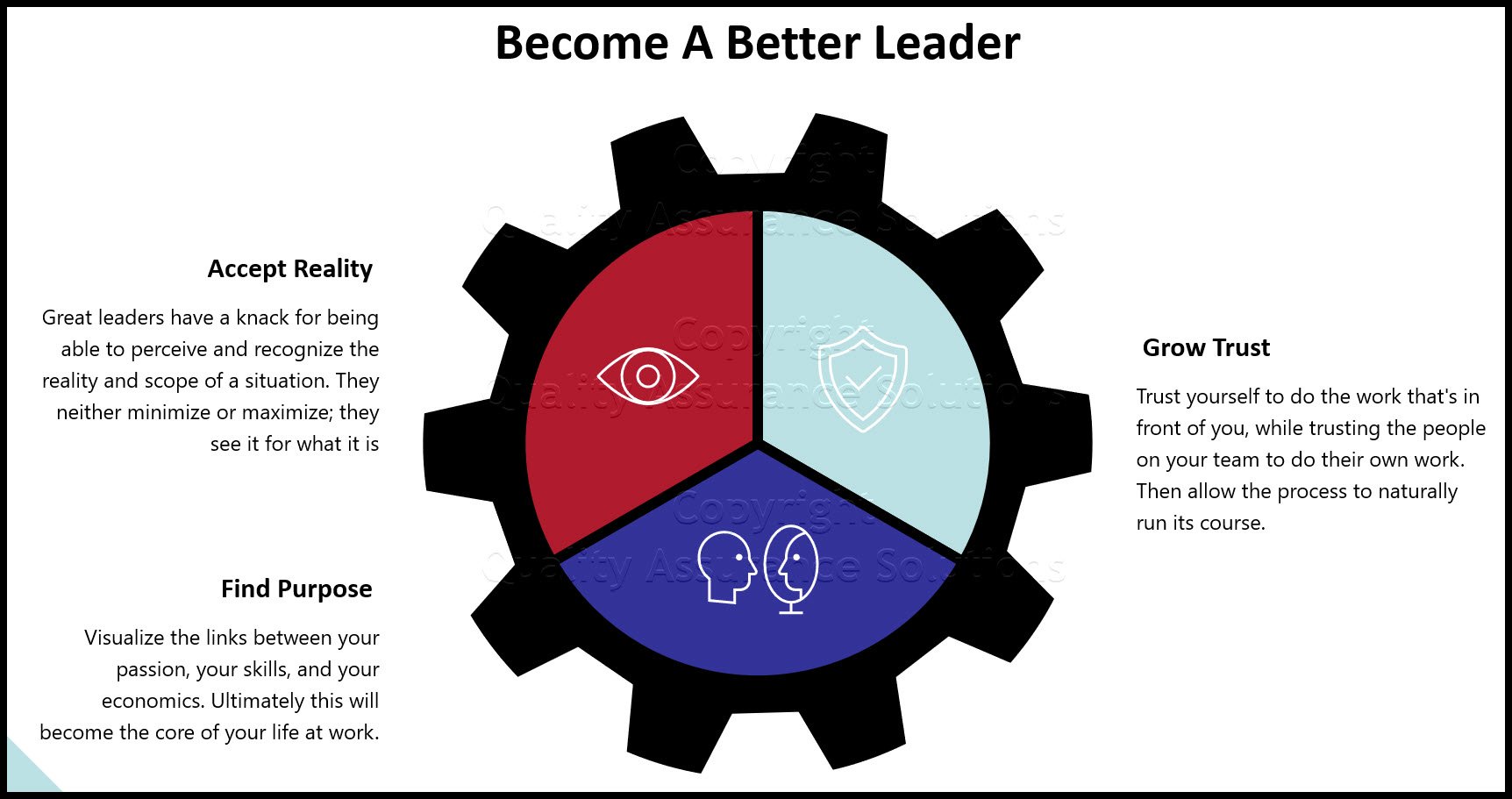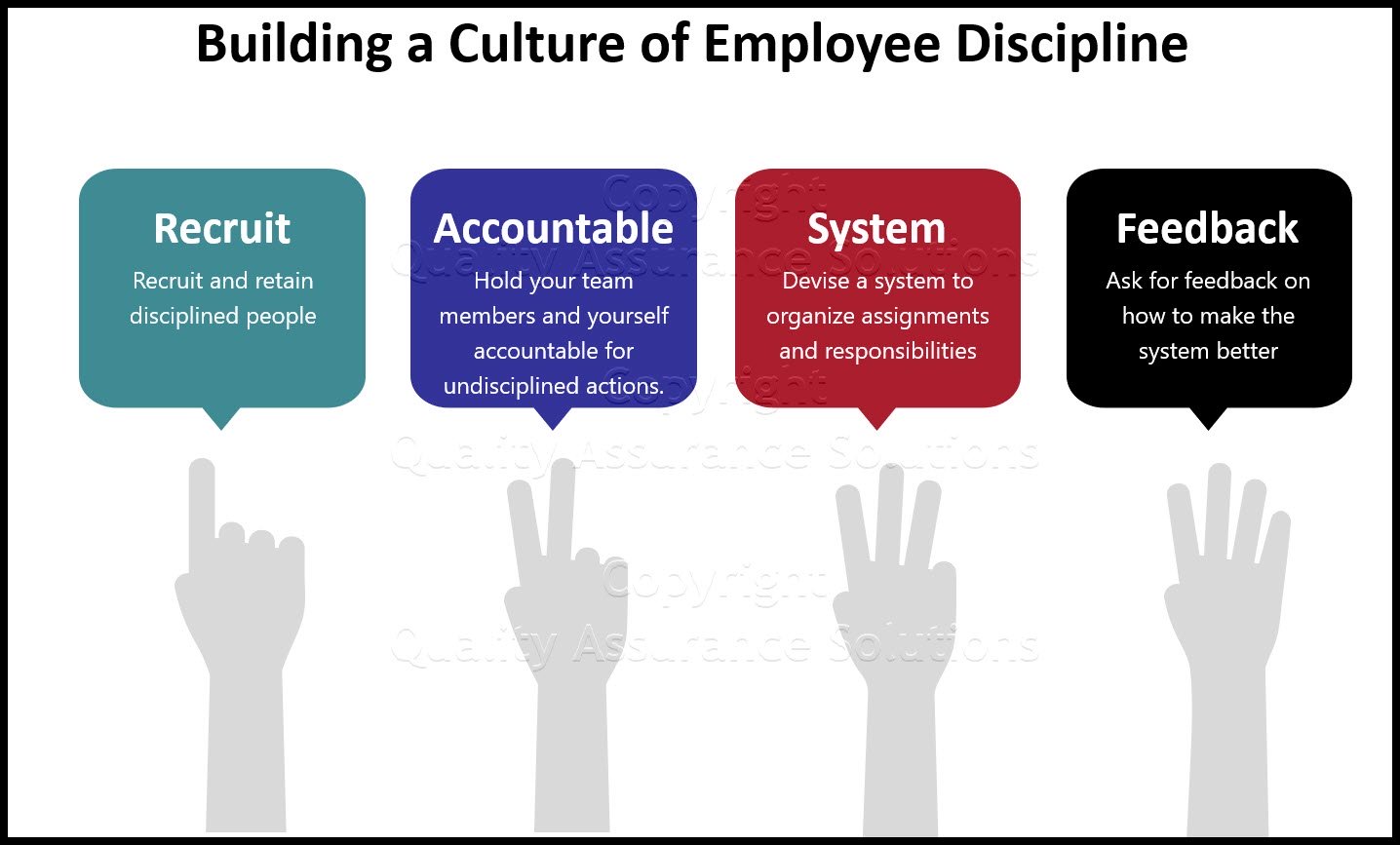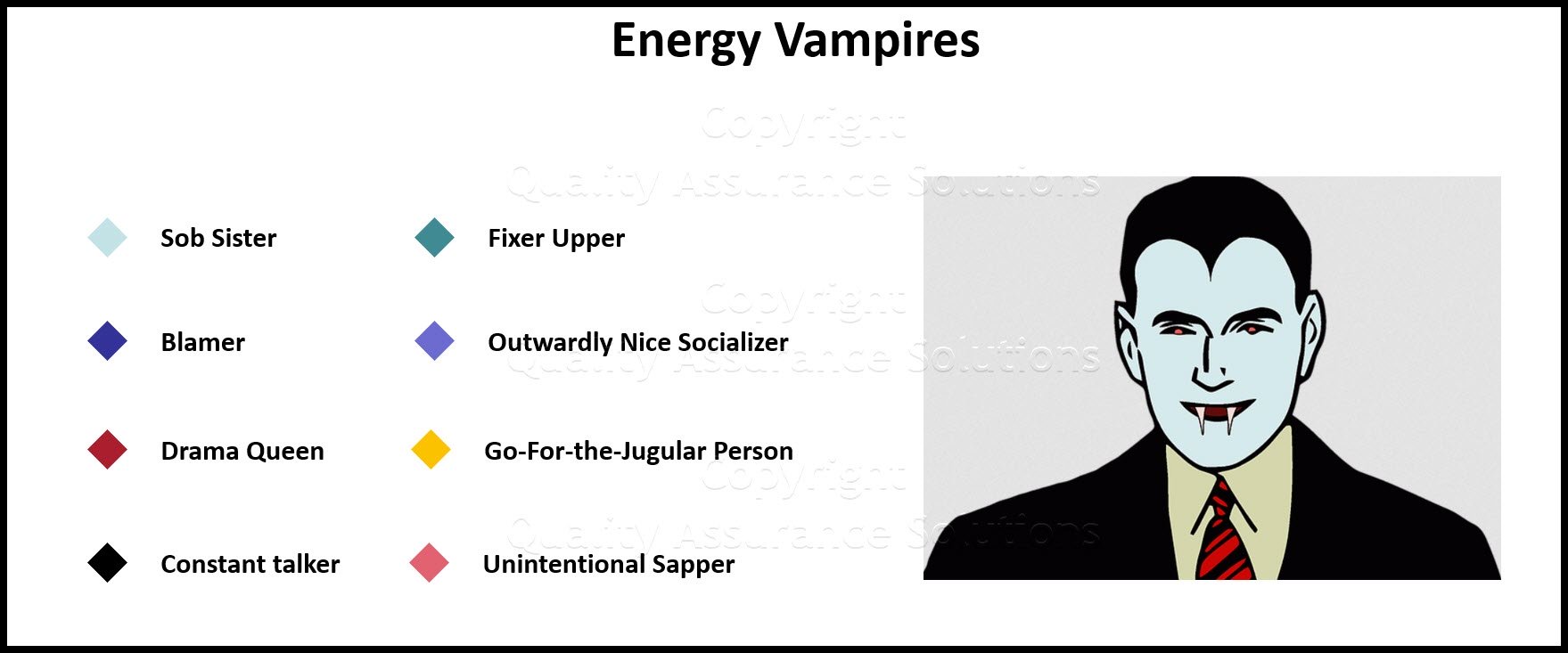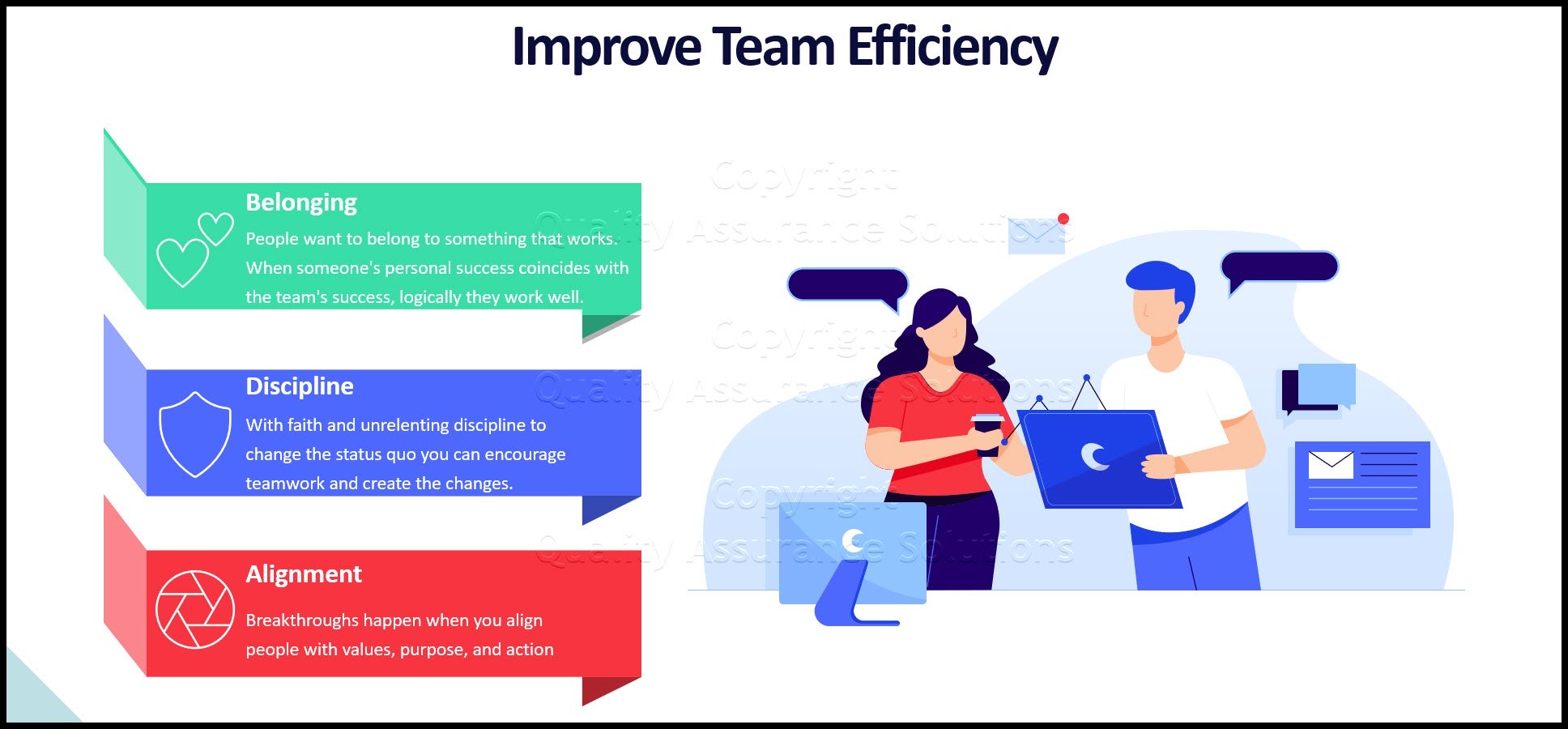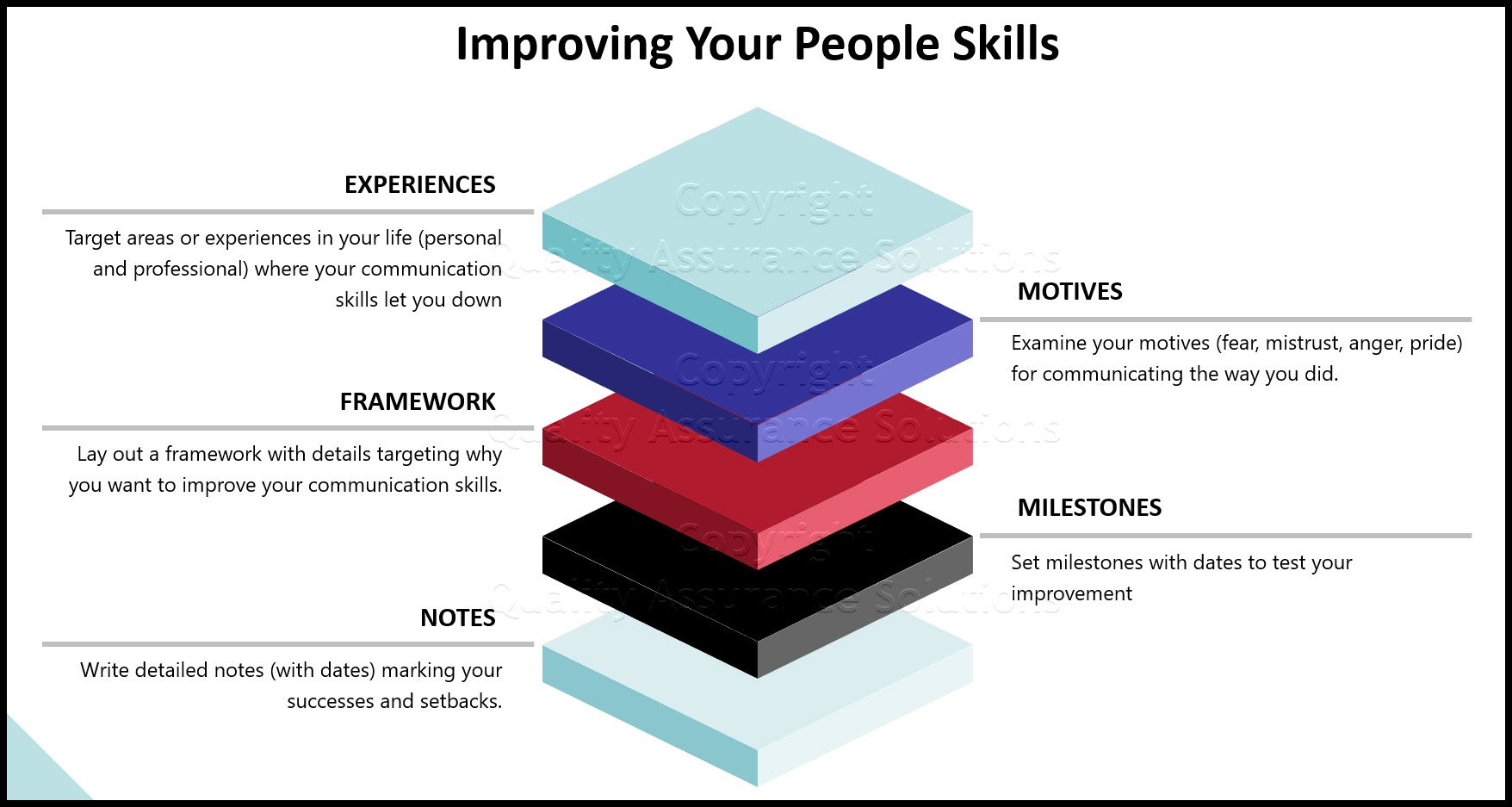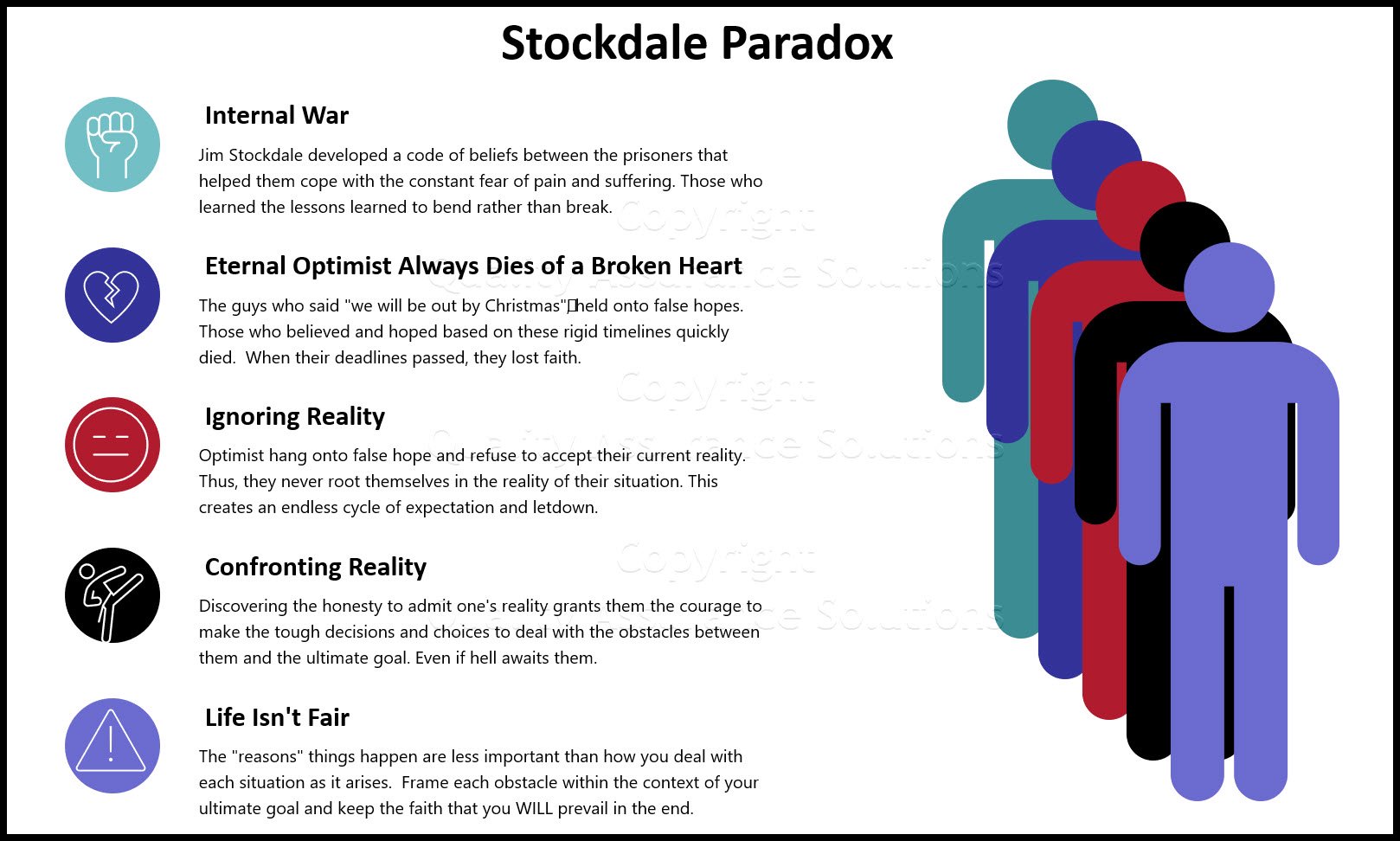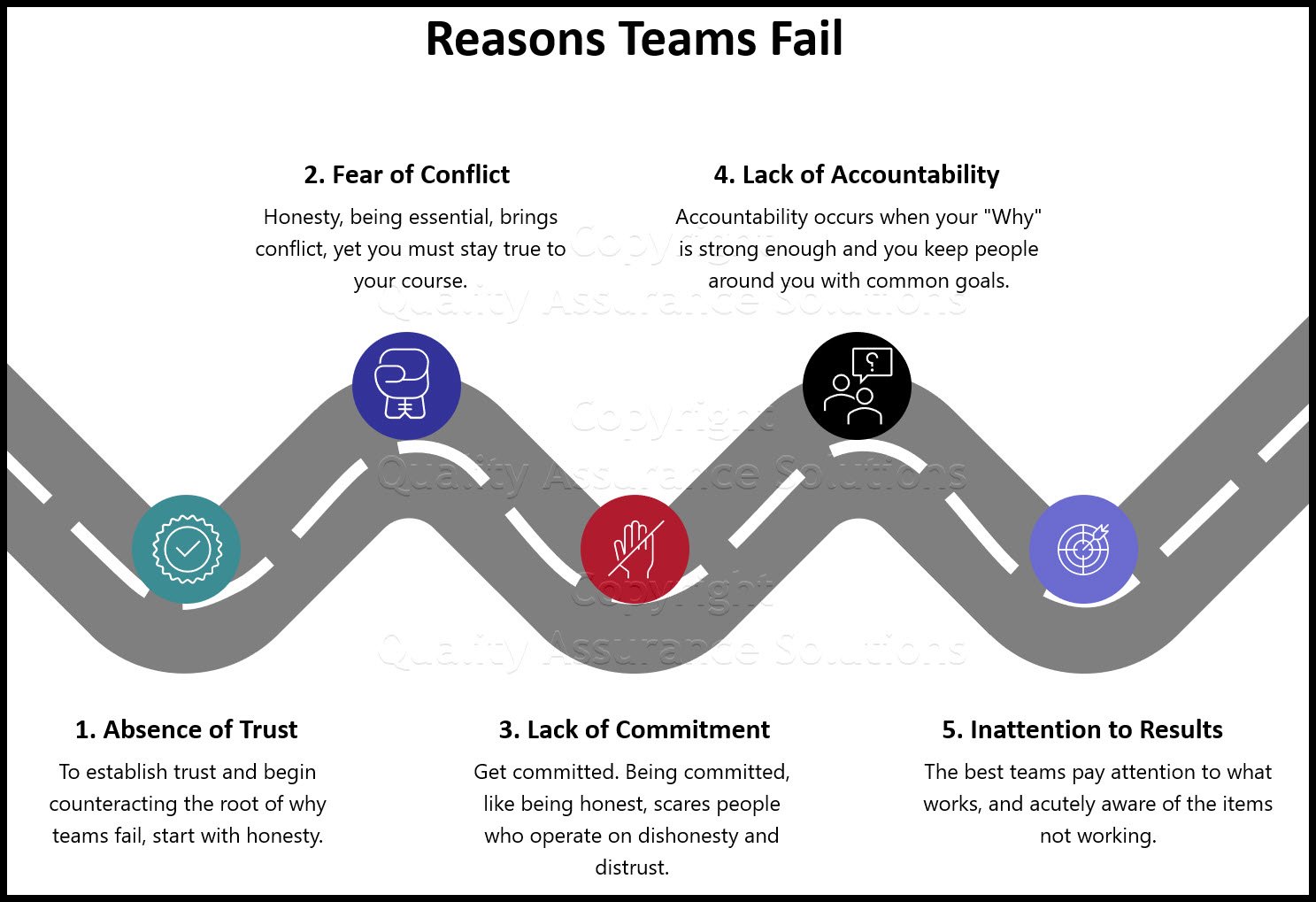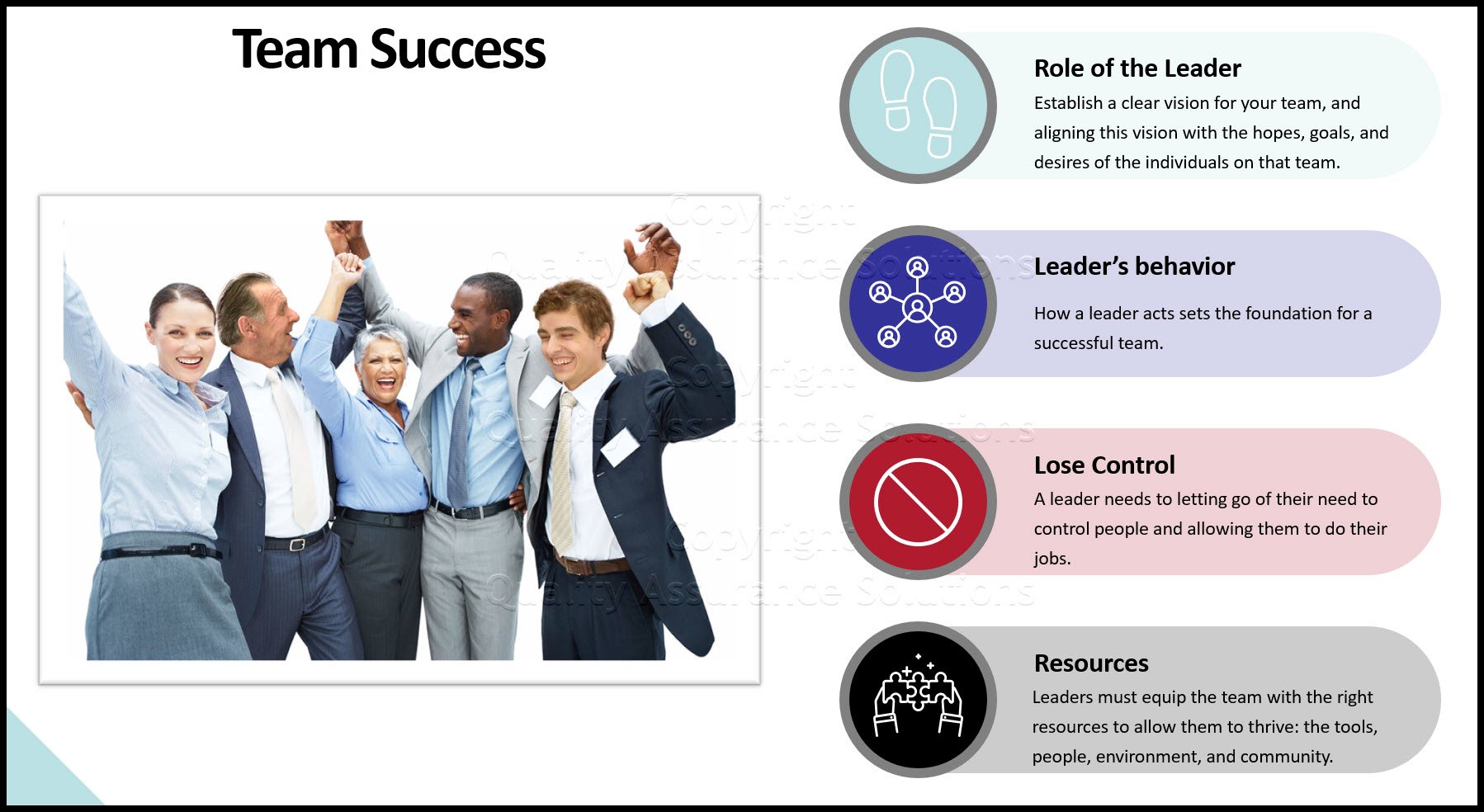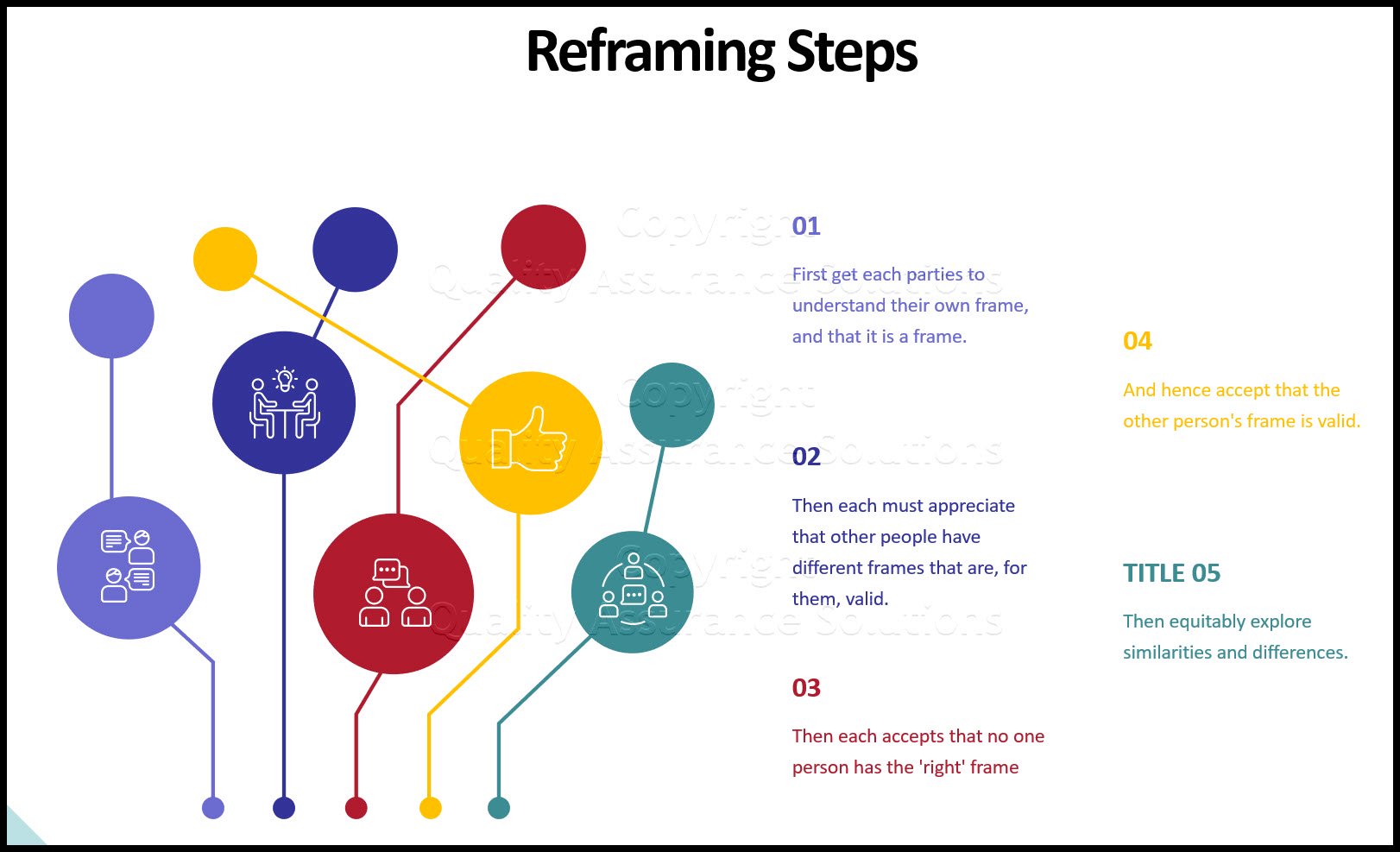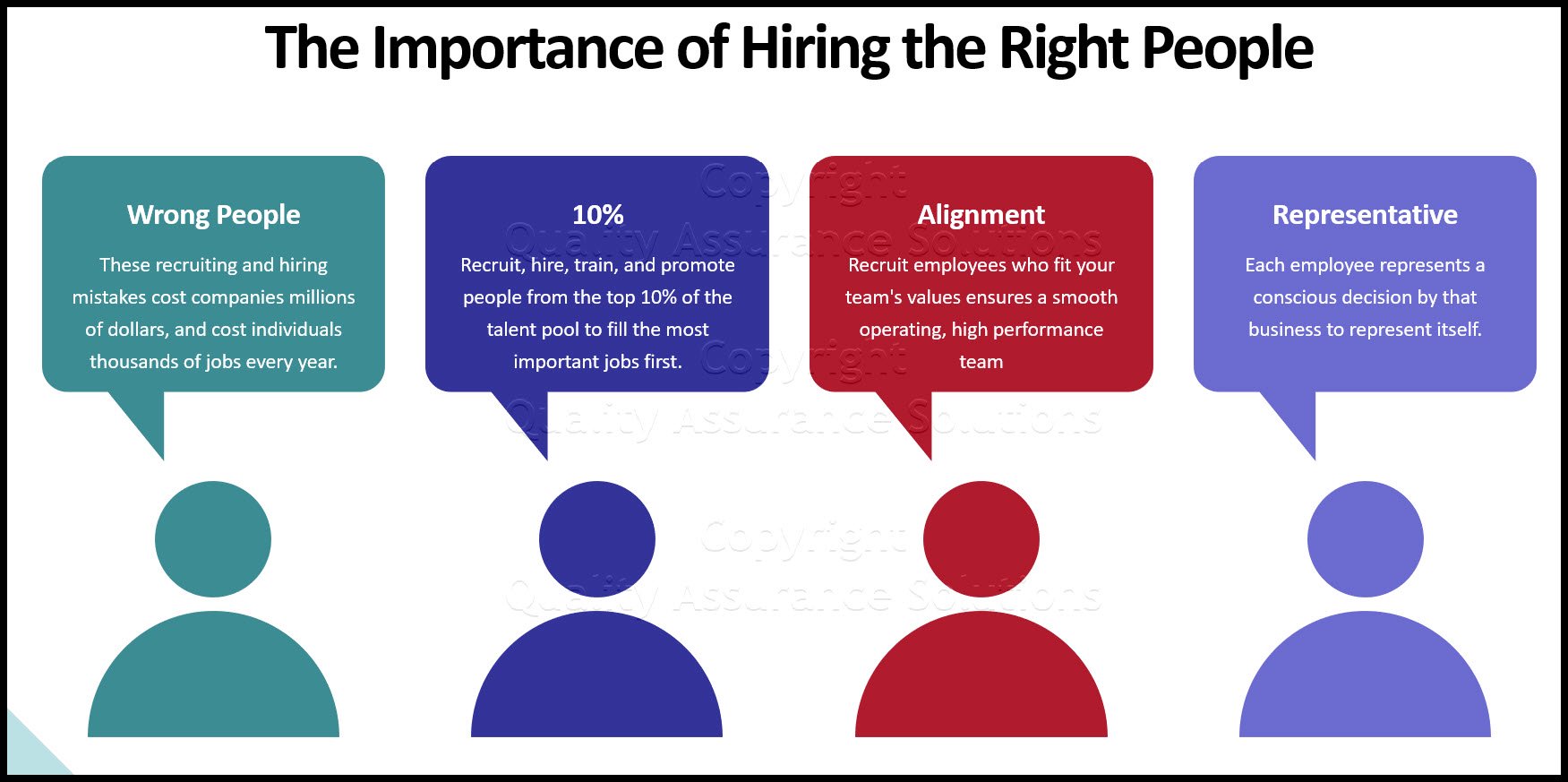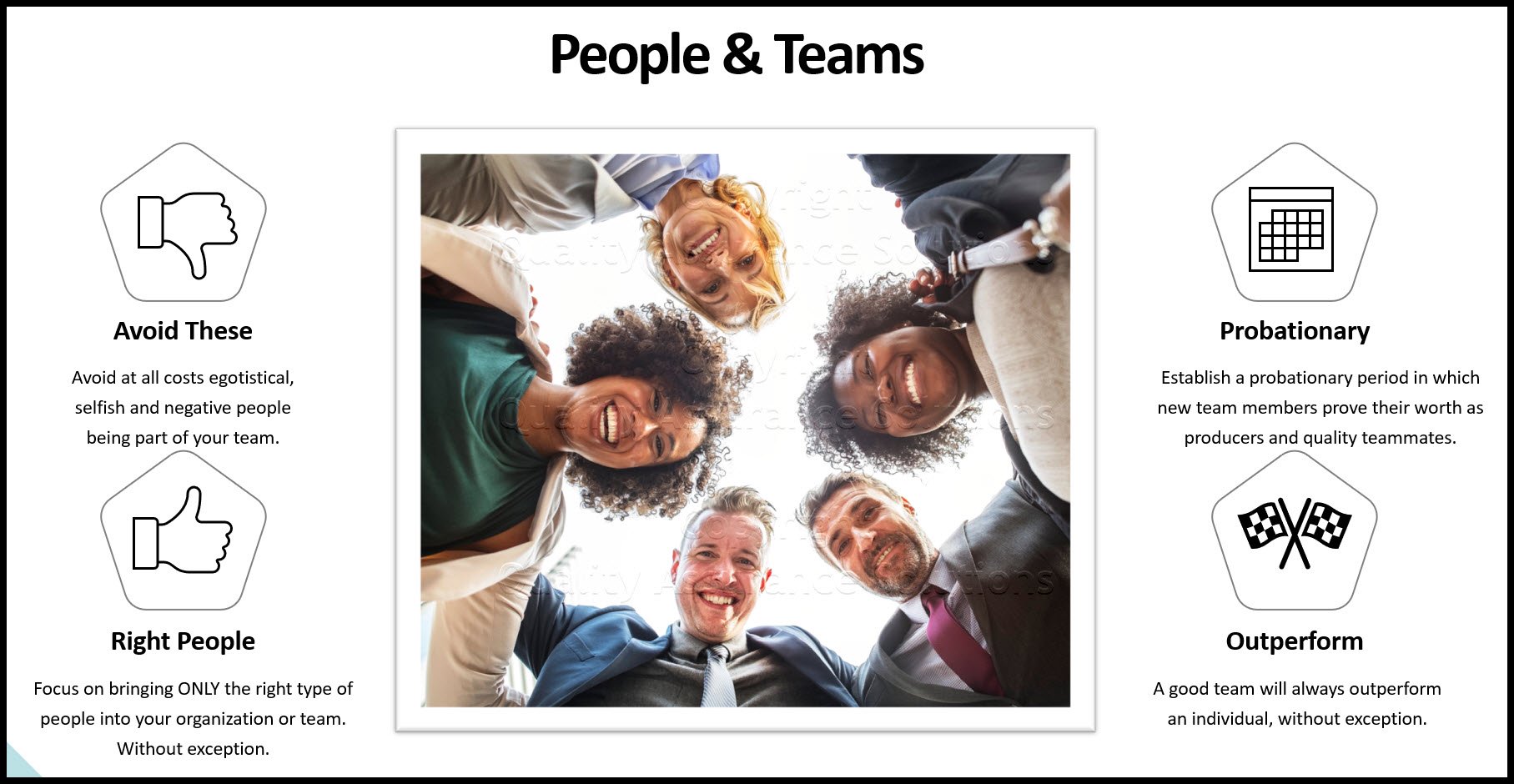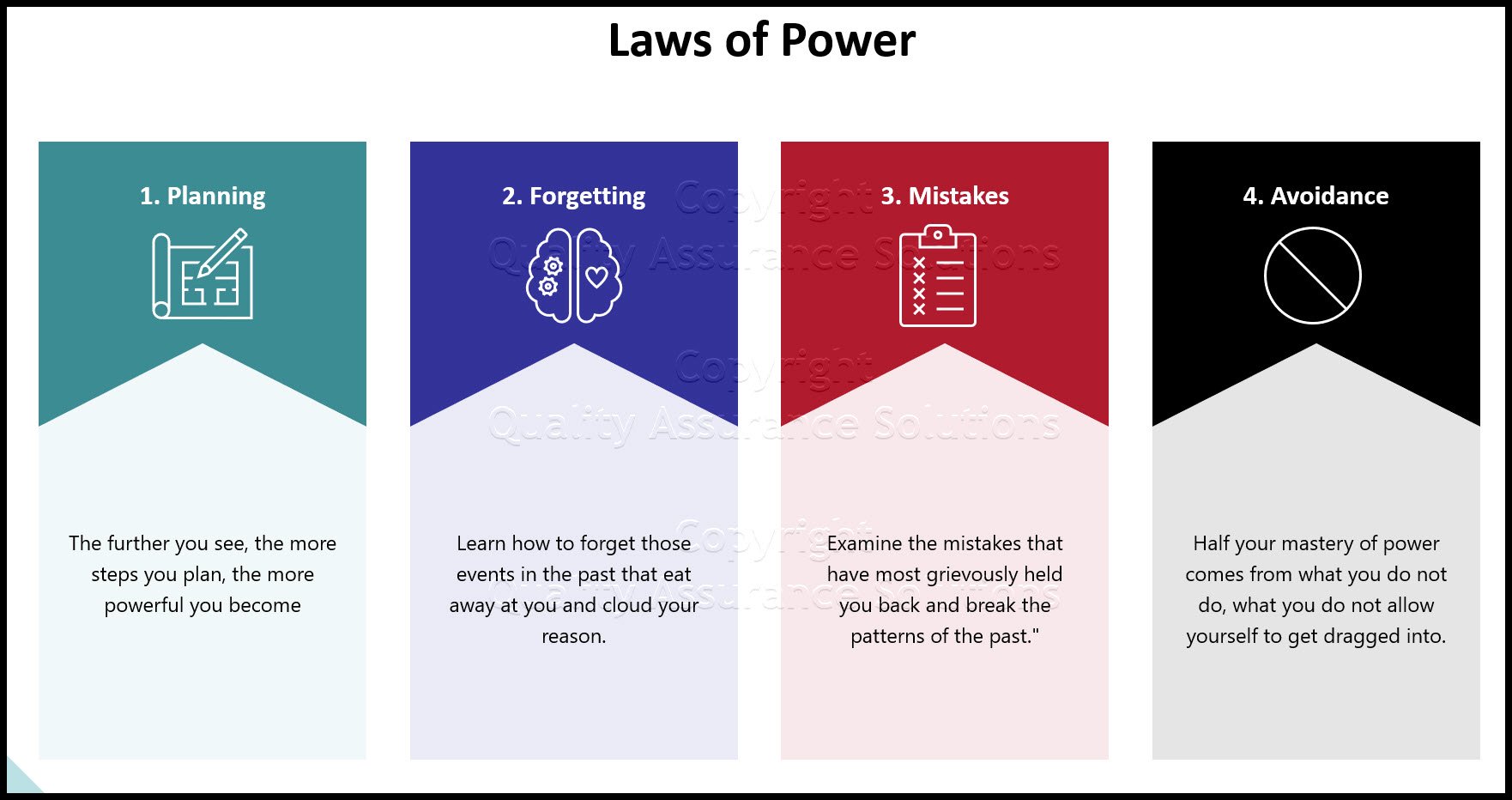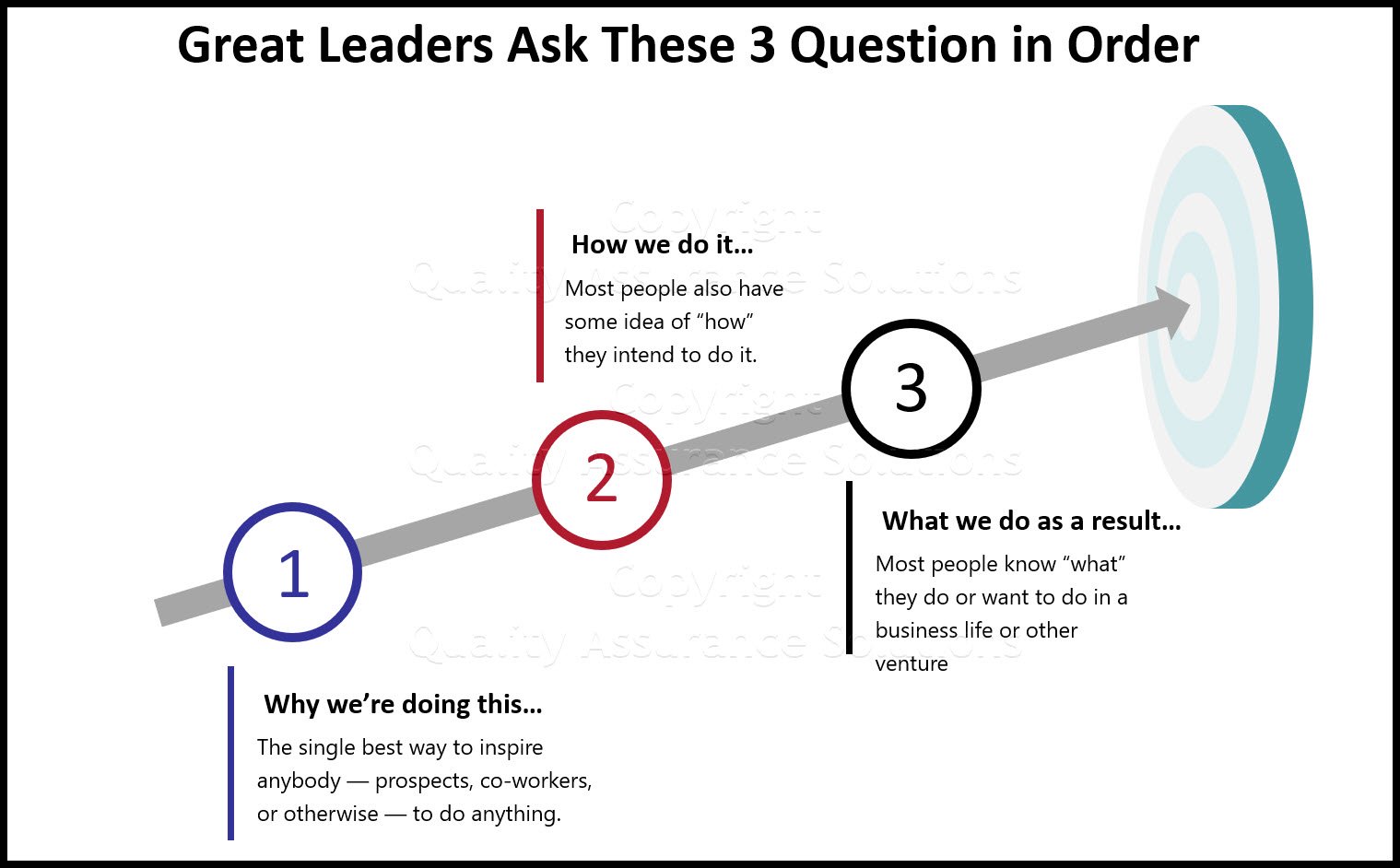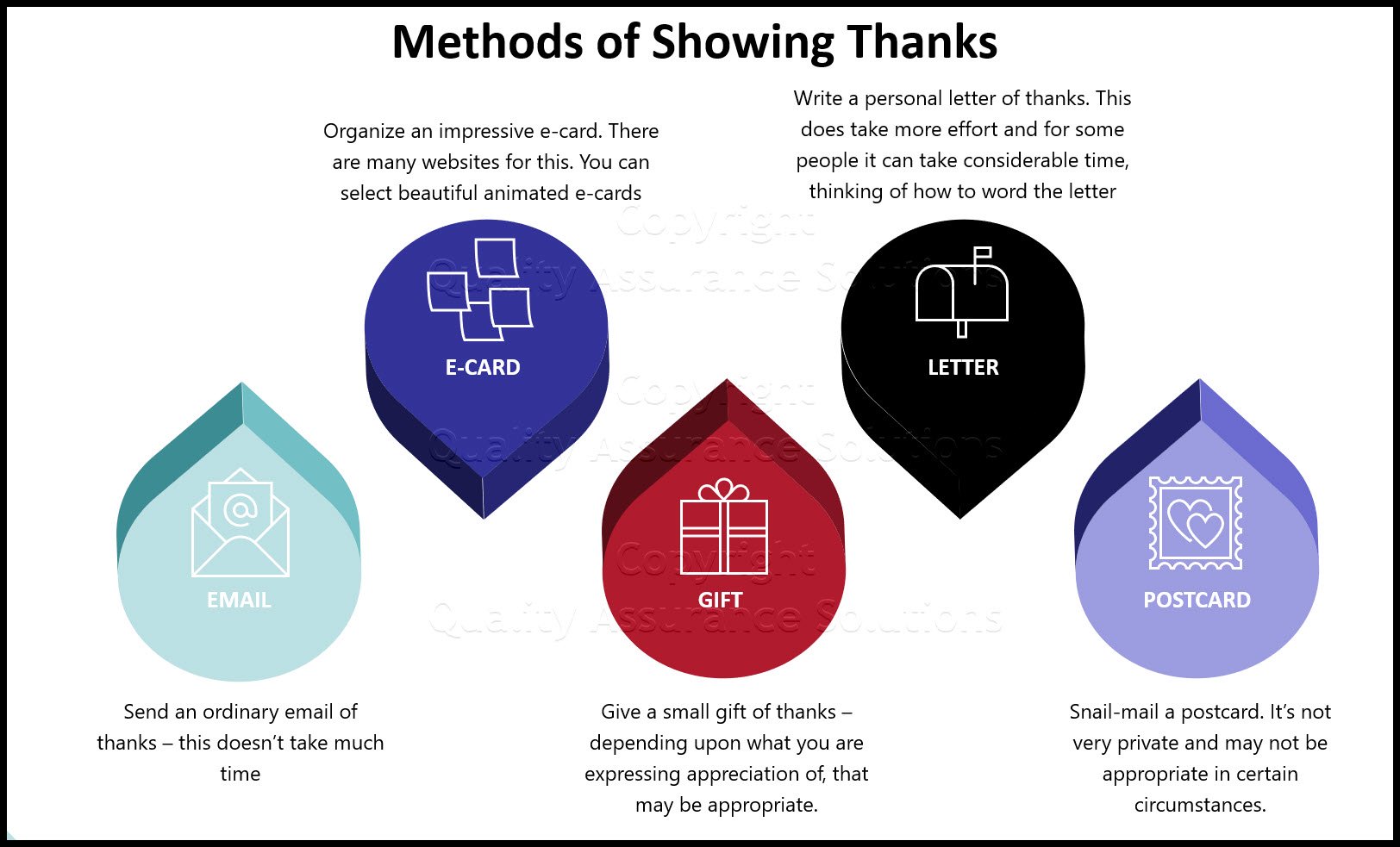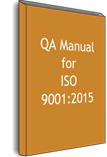Conflict Resolution Strategies That Work
As a leader you must have some conflict resolution strategies in your arsenal. Team have conflict, it's a fact.
Negative people, energy vampires, tired and stressed out workers are ground zero for conflict. It's inevitable.
People are individuals, they think differently, they act and react differently to certain situations, communication styles differ, people keep different boundaries.
All these factors create conflict.
People's Behavior = Butting Heads
As a leader you must take your own inventory before you attempt to resolve conflicts on your team.
You're bound to make things worse if you're too close to a situation, taking sides, or your own internal conflicts cause you not to be objective
Folks walk around carrying many forms of baggage. In a competitive team environment this baggage gets bumped and bruised. Often people can not effectively work through these episodes.
As a leader you must establish an environment that encourages:
- Courage
- Compassion
- Connection
TrainingKeeper Software. Keep, organize and plan all your employees' training and activities. Software includes multi-user support with reports, certs, and calendars.
Become Aware of Simmering Conflicts
Disputes say something, always. These come from boiling tension, butting heads, hurt feelings, and bruised pride and egos.
You can either put the energy behind these conflicts to work to improve your team, or you can let them destroy you.
Where Does Conflict Originate?
Pride, desire, greed, expectations. In varying degrees, all these feelings exist in all people. Conflict occurs when two (or more) people's feelings get mixed together and enmeshed.
Strange thing, these feelings often immediately draws us toward, or causes us to dislike, certain people. We unconsciously perceive them having something we want (feel we lack), or repulsed by their behaviors we feel we reflect. This sets the stage for future conflict. Not establishing relationship is not an effective conflict resolution strategy.
Get certified in Risk Management through our completely on-line training system. Study at your own pace.
How Do Relationships Form?
Everyone has their own way of establishing and maintaining relationships. At work this may be different than on the street, yet you're the same person with the same skills and insecurities.
These feelings, often unconsciously, determine your behaviors.
So conflict is often unconscious and inevitable. It occurs on 3 levels:
- Emotional
- Interpersonal
- Psychological
We connect or conflict on these 3 levels. Any conflict resolution strategies deals on one of these 3 levels.
Conflict happens when people (on teams) trampled on the emotional, interpersonal, or psychological levels of a person within the team.
We define our roles on a team through an amalgamation of formal (title, position, level) and informal (attitude, network, personality traits) behaviors and characteristics.
This quiet negotiation of defining roles automatically establishes friendships and rivalries. We recognize, often unconsciously, compatibility and incompatibility in another person's 3 levels of behavior.
We're either drawn toward it, or repulsed by it.
You perceive a person's actions by "framing" them through your unique "lens of perception". Which means you interpret other folks' behavior through a lens that can can never truly see the truth.
Conflict Resolution Strategies
If you want to diffuse conflict then you you must change how you interpret (frame) and act (behave). If you continue framing and behaving in a way that causes or exacerbates conflict then you are stuck in a vicious cycle without hope of resolution.
To Change You Must:
- Limit Expectations
- Anticipate Barriers To Resolution
- Not Get Too Involved In Managing a Solution
Comprehensive ISO 9001:2015 Audit Checklist for Internal, Gap and Certification Audits.
Limit Expectation On Outcome
Expectations are planned resentments. You must implement conflict resolution strategies with the intent to work toward resolution, but without the expectation that everything will miraculously be resolved at the end of the meeting.
When you expect a predetermined outcome and yet you see the outcome different than what you've anticipated. Because of this your first conclusion says you failed, and / or you blame others for falling short.
Anticipate Barriers To Resolution
Everyone interprets the world differently. You and I pick up the same rock and look at it differently. We have different backgrounds, life experiences, and we're not at the same spots emotionally.
A big part of leading others is being able to understand where they stand on a specific issue, and anticipating barriers they might have to resolving a conflict. At that point your job is to mitigate these barriers and help facilitate resolution.
Being Too Consumed By Managing
When constantly looking to put out fires, you become overwhelmed by by trying to resolve the constant negative conflicts. Instead, focus your energy on the smooth functioning of your team, not on the few troublemakers.
Try to be reserved about getting involved in conflict resolution strategies in the first place. Work with people who posses good interpersonal skills, nurture their honesty and vulnerability on your team. You'll be surprised how few conflicts occurs.
- QAS Home
- Leadership
- Conflict Resolution Strategies
|
Quality Assurance Solutions Robert Broughton (805) 419-3344 USA |
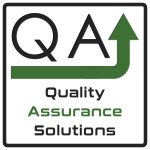 |
|
Software, Videos, Manuals, On-Line Certifications | ||
|
An Organizational Task Management System. Projects, Meetings, Audits & more | ||
|
Corrective Action Software | ||
|
Plan and Track Training | ||
|
AQL Inspection Software |
|
450+ Editable Slides with support links | ||
|
Learn and Train TRIZ | ||
|
Editable Template | ||
|
Templates, Guides, QA Manual, Audit Checklists | ||
|
EMS Manual, Procedures, Forms, Examples, Audits, Videos | ||
|
On-Line Accredited Certifications Six Sigma, Risk Management, SCRUM | ||
|
Software, Videos, Manuals, On-Line Certifications |
